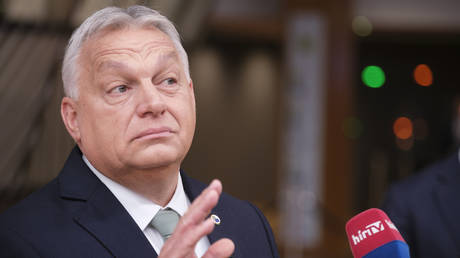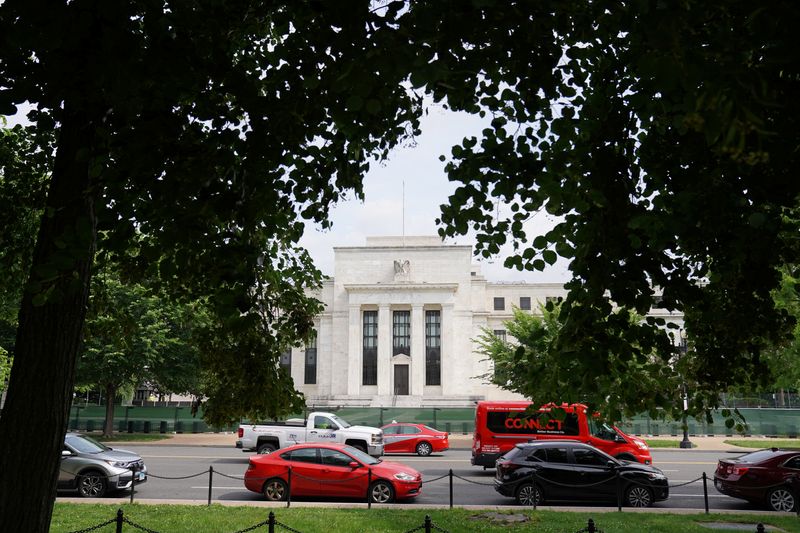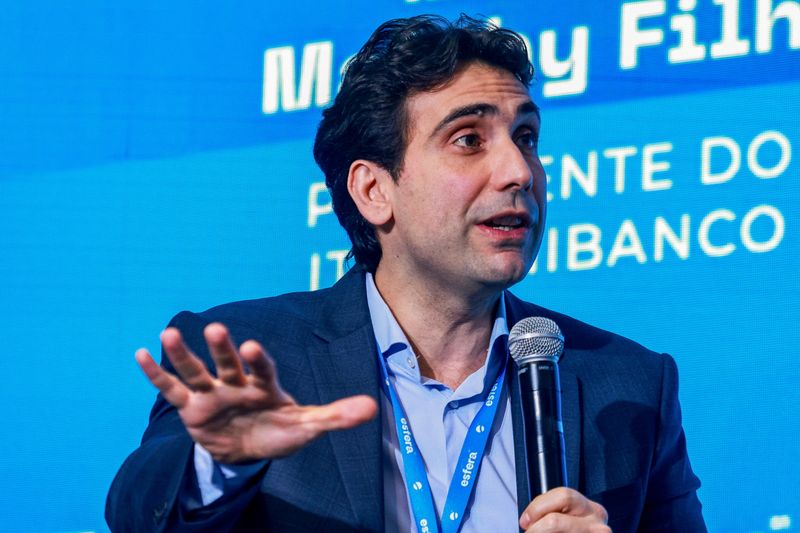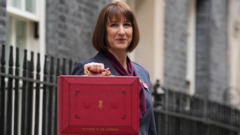Hungary Central Bank Pushes Back on Rate Cuts After Forint Sinks
NegativeFinancial Markets

Hungary's central bank is standing firm against calls for interest rate cuts, emphasizing the need for tight monetary conditions after the forint's recent decline. This decision comes amid pressure from Prime Minister Viktor Orban's government to lower rates, which has raised concerns about the currency's stability. The central bank's stance is crucial as it aims to protect the economy from further volatility, highlighting the ongoing tension between government policy and monetary independence.
— Curated by the World Pulse Now AI Editorial System















